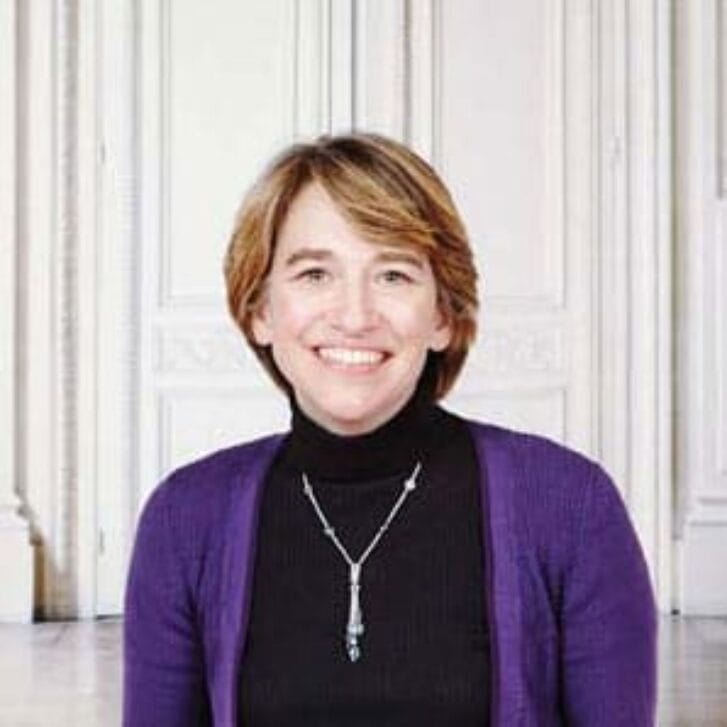Notable author Daniel Pink envisions executives to be shaped like Ts. The stem of the T represents their core discipline, the top of the T their broad-based business acumen. David Heckman Jr., practice leader of advanced management programs at the Aresty Institute of Executive Education, carries the T analogy one step further to explain why the new Business Sustainability Leadership program is an exciting development.
For Heckman, the top of the T represents all of the coursework that Executive Education can offer, while the stem symbolizes the core focus of a program, in this case sustainability.
“It allows the participant the option to say, ‘Based on what I do, how much development do I need on the stem of my T, or how much development do I need on my top?’” Heckman says. In other words, the program offers the best of both worlds.
Satisfying both parts of the T, so to speak, is an innovative and unprecedented approach to executive education, according to Jason Wingard, vice dean of the Aresty Institute of Executive Education, particularly when it is co-branded and co-funded as is this joint program.
Designed in partnership with the Initiative for Global Environmental Leadership (IGEL), Business Sustainability Leadership will feature education sessions to teach business leaders about cutting-edge strategy and metrics that increase corporate productivity and competitiveness while preserving the environment. Specific sessions will include: Sustainability as a Competitive Advantage; Stakeholder Management; Risk Management; Supply Chain and Sustainability; Scenario Planning; Leadership and Change Management; Marketing and Customer Analytics; Life Cycle Analysis; and Finance and Strategic Planning.
As Heckman explains, this sustainability-focused coursework will afford participants a “deep dive” into the subject matter.
Business Sustainability Leadership is a pilot program for a new series of sustainability programs in development at Wharton Executive Education. It is expected that participants will be able to choose from a combination of open-enrollment executive education programs and Wharton leadership ventures to ultimately earn a certificate from Wharton attesting to their expertise in the subject area. Heckman foresees the full catalog of general management and senior management programs as being available to certificate program participants.
“After we decided to go forward with it, we went through a very careful and thorough design process,” says Wingard, adding that IGEL’s advisory board took part.
Expect more instances of such partnerships between Executive Education and centers and initiatives. Explaining that the School has more centers and initiatives than other competitive business schools, Wingard says: “It will be easier for us to replicate this across disciplines.”
“There is definitely interest in the model,” adds Heckman. Preliminary talks are underway with the William and Phyllis Mack Center for Technological Innovation and the Wharton Customer Analytics Initiative.
For Wharton’s centers and initiatives, partnering with Executive Education could allow them to broadcast the depth of their knowledge to executives who can then apply it in the real world.
“This is a much broader, directly applicable way to get their research on the ground,” Wingard says.
The inaugural program for Business Sustainability Leadership will be held at Wharton | San Francisco from June 12-14, 2012. This program is led by Eric Orts, Guardsmark Professor and IGEL director, and Wharton alumnus and entrepreneur Bernard David, C’79, W’79, WG’82. It was formed in part with generous support from software solutions provider SAP.


























